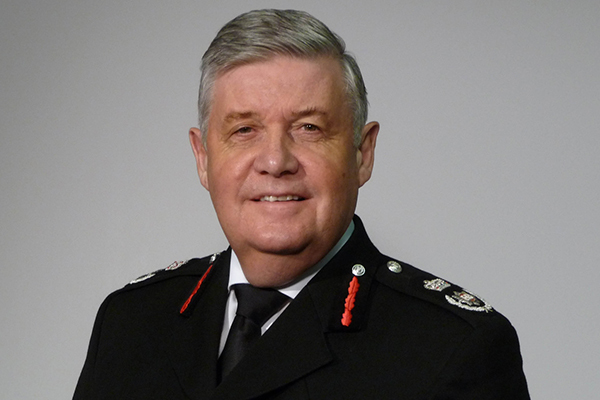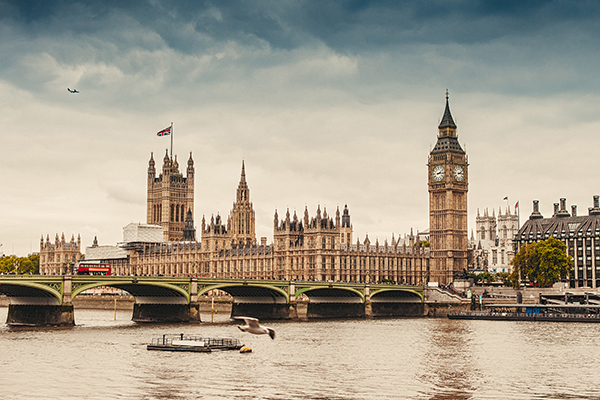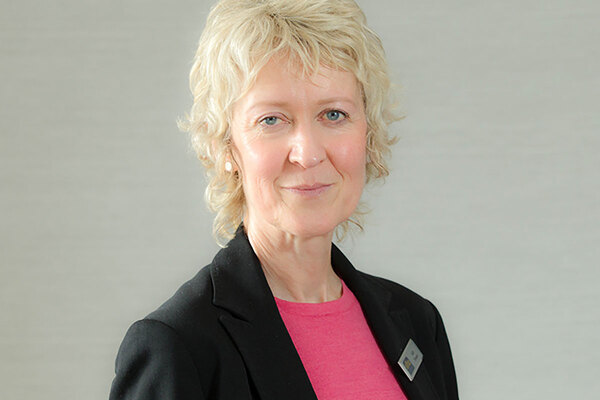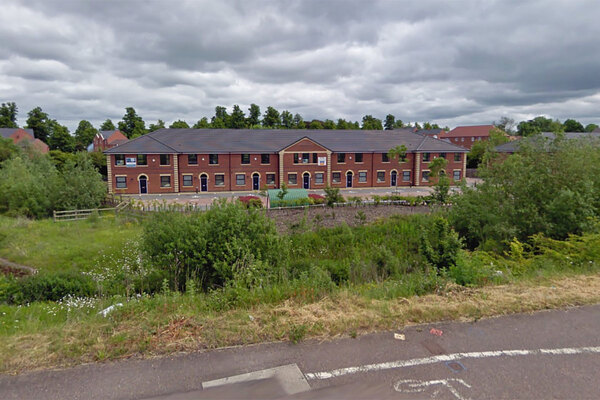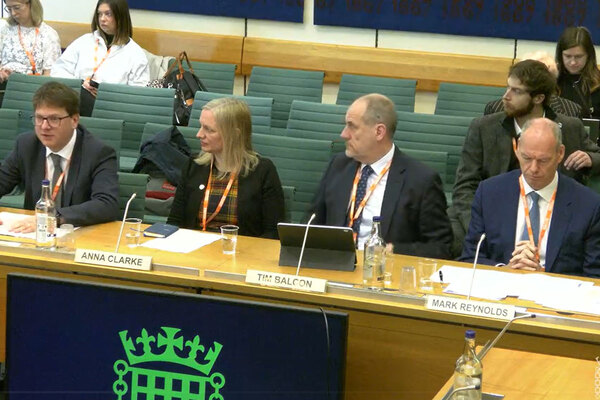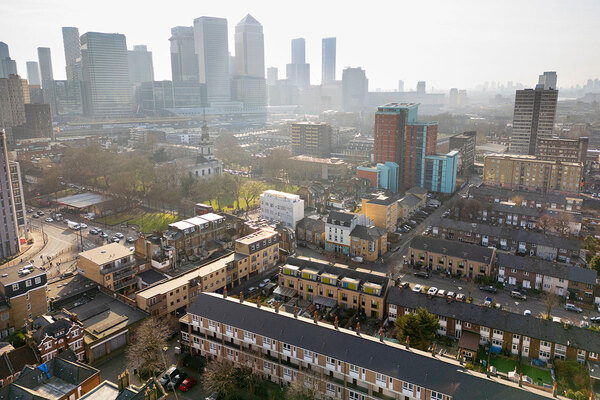Chair of fire safety group hits out at government's post-Grenfell ‘independent panel’
The leader of a representative group of fire safety professionals has called on the government to “revisit” who is on its expert panel and consult the fire sector more fully on the advice it is giving.
Dr Bob Docherty, chair of the Institute of Fire Safety Managers, made the demand in an email to James Brokenshire – seen by Inside Housing – on 18 October.
He called the process of issuing advice “totally bemusing” and said the government should consult more with the fire safety sector.
The expert panel was set up in June last year to advise on immediate safety action following the Grenfell Tower fire, which killed 72 people.
Chaired by Sir Ken Knight, the panel was initially made up of Dr Peter Bonfield, chief executive of the Building Research Establishment (BRE), Roy Wilsher, chair of the National Fire Chiefs Council, and Amanda Clack, president of the Royal Institution of Chartered Surveyors.
Dr Bonfield is no longer on the panel and has also left the BRE to take a role in higher education. Ms Clack has also left the panel to be replaced by consultant Ann Bentley and Professor Colin Bailey of Queen Mary, University of London.
Sir Ken, meanwhile, has been criticised for his role as in 2012 he signed a certificate saying cladding with the same rating as Grenfell could be used on high rises and a company he was linked to advised on the tower’s refurbishment.
He also wrote to the government calling for limits on its proposed ban on combustible materials to just the type of aluminium composite material used on Grenfell. He said this would “still enable” combustible insulation to be used, if it passed large-scale tests.
The government did not heed this advice, and instead announced plans to implement a full ban on combustibles as recommended by survivors of the blaze.
In his email, Dr Docherty criticised an advice note to owners of buildings partially clad in ACM, the same material as Grenfell Tower.
The note said some owners had been told it was safe to leave partial amounts of ACM on their buildings and that it was the expert panel’s view that this was not true, and all ACM should be taken off buildings.
Dr Docherty said this contradicted the government’s building regulations.
He told Inside Housing: “What I can’t get to grips with is that they keep firing these advice notes out, seemingly firing from the hip.
“A more reasoned approach would be to gather a group from the fire industry and give them a time limit – say six months – and get them to rewrite, add and update Approved Document B [the government’s building regulations guidance].”
Kit Malthouse, the housing minister, said: “We have been absolutely clear. Unsafe ACM cladding [must] be removed from all buildings above 18 metres in height.
“Interim measures are in place to ensure people can sleep safely tonight and building owners must remove unsafe cladding without delay.”
Dr Docherty’s full email is below.
Update: at 11.07 on 9.11.18 This story was updated to include a comment from Kit Malthouse.
Dr Bob Docherty's email to James Brokenshire
Dear Secretary of State,
I thought I would email you, yet again, both in my position as a fire engineer, fire risk assessor as well as Chairman of the Institution of Fire Safety Managers (IFSM, which represent a large number of fire risk assessors and fire safety managers) regarding the issue of Advice Note No 18 of ACM cladding that has just come out.
I have to say I am astonished that this advice seems counter to the under 18 metre ‘rule’ of your Building Regulations and extends even down to a single panel on a building that has limited combustibility!
I think you really need to revisit who is on your ‘independent expert advisory panel’ and maybe take advice from the experts who are ‘out there’ working in the field, either through contacts with individuals, professional bodies or the Fire Sector Federation. Does no one in your department check with the real industry before these notes go out? I just find the whole content of the note and the process of issue totally bemusing.
Let's hope someone with some common sense and a proportionate head on their shoulders revisits this advice note very soon.
Dr Bob Docherty
Sprinklers: what do they cost and how well do they work?
What do sprinklers really cost? Can they really go off by mistake? And how many fires have they actually put out?


